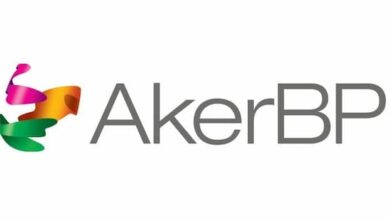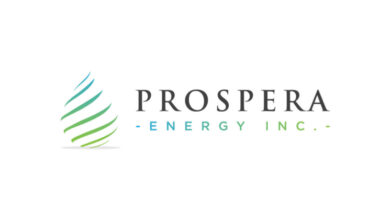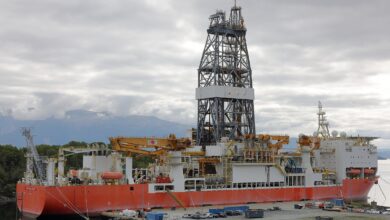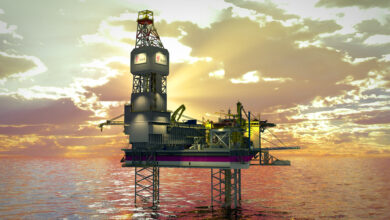Virtual training, contingency planning help Shell navigate COVID-19 challenges for successful MPD project startups
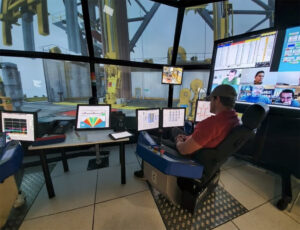
By Stephen Whitfield, Associate Editor
The COVID-19 pandemic led to a number of restrictions on in-person meetings and travel that forced the global oil and gas industry to adjust the way it operates. At Shell, this meant that various adjustments had to be made in order to install MPD systems on Transocean’s Deepwater Proteus and Deepwater Poseidon drillships in the US Gulf of Mexico last year. Nathan Tuckwell, Wells Engineering Team Lead – Deepwater MPD at Shell, outlined the project on 14 September at the IADC/SPE Managed Pressure Drilling & Underbalanced Operations (MPD & UBO) Conference.
Original plans called for the MPD systems to be installed using lessons learned from an earlier installation on the Deepwater Thalassa drillship, utilizing a small, targeted project management team. Digital twins of both the rig components and the MPD system helped facilitate construction of the connecting pipework onshore. Shell and Transocean also jointly developed MPD operating procedures based on previously experience, and the HAZID/HAZOP regulatory reviews developed for Deepwater Thalassa were used as templates for the installation on the new rigs.
The COVID-19 pandemic, however, introduced a number of challenges to the plan. Travel restrictions and quarantine requirements caused delays for the surveyors, postponing manufacturing and installation of the MPD system. Due to personnel fluctuations caused by the pandemic, the delivery of components and the staging of material for work in unsorted batches caused complications. Social distancing requirements also limited the number of welders and installers Shell could use on the rig. Valves and multiple other components were delayed due to supply chain issues.
To work around travel restrictions, Shell relied on virtual meetings. The HAZID/HAZOP workshop, for example, was conducted using Microsoft Teams. The software was also used for pre-section meetings between rig crew personnel while they were in quarantine.
“We found that we had more engagement because we were able to break things down over multiple days instead of having everybody driving to different offices and meeting together. It was a lot easier to get that engagement,” Mr Tuckwell said. “With Teams, the crews were able to familiarize themselves with the upcoming operations and the procedures that we developed for MPD, as well as ask questions and really get to know what was coming up before they actually went to the rig.”
Practical, hands-on MPD training was conducted with critical rig personnel during installation – drillers, assistant drillers, toolpushers and MPD operators – at a facility run by Maersk Training. Awareness-level MPD training for the rig crew was performed virtually, with no face-to-face classroom training. Later, once the crews reached the rigs, prior to the start of drilling operations, they underwent a series of exercises to emulate critical procedures using the MPD system and rig equipment.
When Shell finally started operation of the MPD system on both the Deepwater Poseidon and Deepwater Proteus, it was done with few issues. There were no delays in start-up on either rig due to MPD equipment after commissioning was completed. Mr Tuckwell credited the virtual training and planning with enabling as smooth of an installation as possible during a very challenging time.
Shell’s contingency measures also proved critical in handling potential disruptions, he said. For instance, the company used contractors who specialized in installing MPD components offline with the riser and BOP systems used on the two rigs. Shell worked with the rig crews virtually to make the final measurements of the system prior to installation on the rigs, and concluding fabrications were modified in the field instead of at the fabrication yard.
“You can cover a lot of issues that may come up in installation with really good planning, but you need to have those mitigation factors in place for the actual operations,” Mr Tuckwell said. “If someone’s unable to come out, what has to happen? What if someone has to stay over for long periods? These were things we had to run into.”

